Nigeria
Six Nigerian soldiers were killed in a jihadist attack on a military base in northeastern Nigeria, military sources disclosed on Sunday.
Fighters from the Islamic State of West Africa (ISWAP), Boko Haram branch, in trucks equipped with machine guns, attacked the Auno base, 25 km from Maiduguri, capital of Borno state, the sources said.
“We lost six soldiers in the attacks launched by the terrorists on Saturday around 6:30 p.m.,” one officer told AFP on condition of anonymity.
The clashes lasted for two hours until the overwhelmed Nigerian military was forced to retreat, another military source said, confirming this assessment.
The army is searching for 45 soldiers who could not be located but who it believes managed to escape, the source added.
The attackers looted weapons and burned buildings inside the base before being repelled with air support, according to the same source.
The area has recently been targeted by a series of attacks on the army and abductions of drivers at fake security force checkpoints.
ISWAP, which has split off from Boko Haram to affiliate with the EI, has been stepping up attacks against the armed forces and has killed dozens, if not hundreds, of Nigerian soldiers. But it is also increasingly accused of attacking civilians.
In February, at least 30 passengers and lorry drivers forced to stop for the night at the entrance to Auno because of an army imposed curfew were killed in an attack blamed on jihadists.
More than 36,000 people were killed and about two million displaced in a decade of conflict in northeastern Nigeria.
AFP



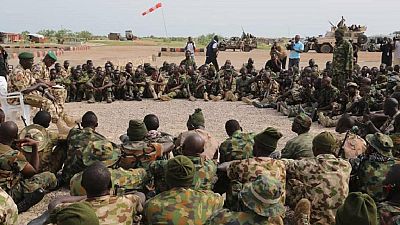

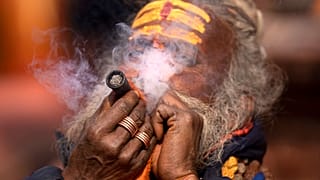



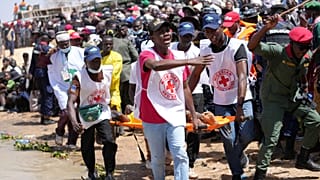
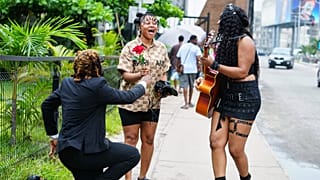

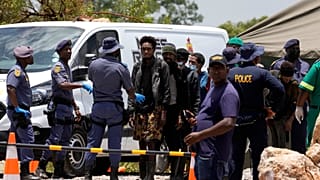
02:13
Nigeria: Matchmaking websites increasingly popular in Kano
Go to video
2 Nigerians fighting for Russia found dead in Luhansk after drone strike
01:31
Centuries-old traditional boxing in Nigeria gaining grounds
01:15
US deploys 200 troops to Nigeria to combat Islamist militants
Go to video
Sudan RSF drone strike on school kills two children
Go to video
Shootings at school and home in British Columbia, Canada, leave 10 dead